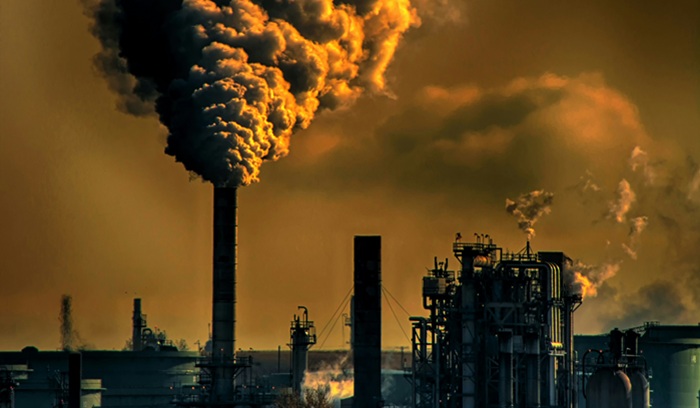A significant legal victory has been achieved in France, setting a major precedent against corporate climate deception. A French court ruled that the energy giant TotalEnergies misled consumers regarding its commitment to climate action. This landmark decision marks a positive turning point in holding major corporations accountable for their climate claims. It upholds the growing power of environmental and consumer advocacy groups to enforce transparency.
The ruling is crucial for securing integrity in the transition to a sustainable economy. It sends a clear signal that corporate climate commitments must be substantiated and accurate. The Paris Judicial Court’s ruling is considered a world-first decision against a fossil fuel company for “climate-washing.”
Upholding Truth in Climate Communication
The core positive impact of this ruling is the elevation of truth and transparency in corporate communication. The court’s decision validated the claim that misleading marketing can harm public discourse and consumer trust. Specifically, the court found that claims about aiming for “carbon neutrality by 2050” and being a “major player in the energy transition” were deceptive. This was because the company continued to invest heavily in oil and gas expansion, contradicting its public statements.
By requiring clearer, more honest communication, the ruling empowers consumers to make informed choices. It creates a fairer playing field for companies genuinely investing in verifiable clean energy solutions. The verdict supports the principle that corporations must accurately disclose the environmental impact of their entire operations.
Empowering Advocacy and Legal Action
The successful legal challenge represents a major triumph for civil society and environmental advocacy groups. Organizations like Friends of the Earth France demonstrated that legal action can successfully influence corporate climate strategy. The court ordered TotalEnergies to remove the misleading statements from its website and to prominently display the judgment for 180 days. This powerful remedy ensures public awareness of the ruling.
This legal success provides a global blueprint for similar challenges. It encourages legal teams across Europe and beyond to pursue litigation against misleading climate claims. The ruling effectively shifts the burden of proof onto companies. They must now clearly demonstrate that their entire business strategy aligns with global climate goals. You can read a summary of international litigation trends from the United Nations Environment Programme (UNEP) on Climate Change Litigation.
Accelerating Corporate Decarbonization
This legal precedent provides a strong, new incentive for total corporate decarbonization. Companies now face increased financial and reputational risk if their public claims do not match their operational reality. This risk encourages genuine investment in renewable energy and emission reduction technologies. This drives faster, more comprehensive action across the energy sector.
The ruling specifically referenced scientific advice, such as that from the International Energy Agency (IEA). The IEA consistently stresses the need for an immediate reduction in fossil fuel production to meet the Paris Agreement targets. This judicial pressure accelerates the global energy transition away from fossil fuels and toward green investments. The European Commission provides context on the Green Claims Directive which aims to strengthen these rules across the bloc.
Securing Integrity in the Green Transition
The ruling is a foundational moment for securing integrity in the broader green transition. As global investment in clean technology surges, clear legal rules are necessary to prevent fraud and maintain public confidence. This decision helps solidify the market for genuinely sustainable products and services. It provides an economic advantage to firms committed to real environmental change.
France’s judiciary ensures that the nation’s climate goals are taken seriously. This judicial commitment supports the European Green Deal and related EU efforts to create a climate-neutral continent. The ruling proves that existing consumer protection law can be a powerful tool for climate accountability. The Organisation for Economic Co-operation and Development (OECD) tracks the role of litigation in corporate governance. The Environmental Law Institute (ELI) offers resources on the legal landscape of environmental challenges.
Resources
- United Nations Environment Programme (UNEP) on Climate Change Litigation
- European Commission on the Green Claims Directive
- Organisation for Economic Co-operation and Development (OECD) on Corporate Governance Litigation
- Environmental Law Institute (ELI) on Climate Law
